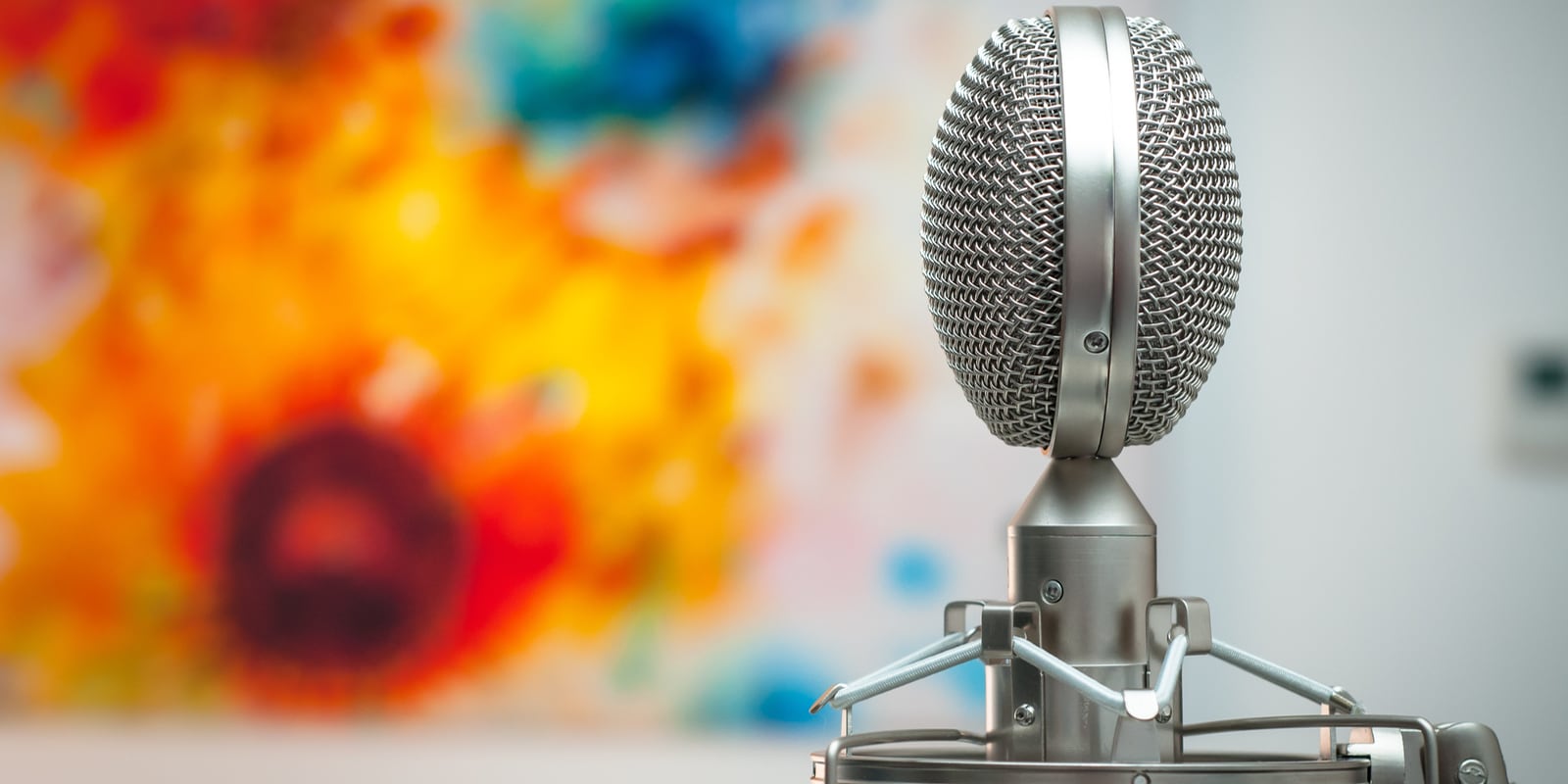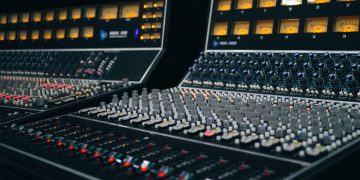If you're a musician, producer, or any sort of person who loves making sounds, chances are good that you spend a fair amount of time looking at gear you're considering buying.
You may have everything you need to make music, but there's that one extra piece that you feel will finally complete your setup.
Of course, this never actually happens. There's always something else to buy—there's even name for it: gear acquisition syndrome (GAS). Fortunately, if you've got a bad case of GAS, we've got some tips to help you keep from spending too much.
Are You Buying New or Used?
One of the first things to decide is whether you want to buy new or used. Both have their benefits, after all. Used gear will cost you less, often far less than new gear. That alone makes it worth considering.
New gear may cost more, but it comes with its own benefits. For starters, you get a warranty, which you generally won't get with used instruments and gear. You'll often get extras like cables bundled as well.
Where to Buy New Music Gear
Buying new music gear is easy. There is the ubiquitous Amazon option, but sites dedicated to musical gear are easier to navigate, since you don't have to deal with items that have nothing to do with what you're looking for.
Sweetwater is a popular choice, and not just because they always pack free candy in the box with a new piece of gear. The company is known for its excellent customer service as well. Musicians Friend, American Musical Supply, and Zzounds are other good options for buying new.
Where to Buy Used Music Gear
The default place to go for buying used instruments, microphones, and pro audio equipment used to be eBay. You can still find deals there, but it seems that the site has more and more of a reputation for shady sellers. Craigslist is another older but also sometimes shady option.
The new king of used musical gear of any variety is Reverb. Though the site also sells new gear, its main selling point is how easy it makes buying and selling from fellow musicians and audio enthusiasts. Guitar Center's Used Gear section is another good option.
What to Watch Out For

There are things you'll want to watch out for, whether you're buying new or used instruments and gear.
One thing is the reputation of the company that makes the instrument or equipment you're thinking about buying. If the company's past products are known for breaking, you might want to wait until a newer item has been on the market for a while.
When you're buying used, you need to be even more careful. No matter where you're buying from, carefully read the listing and be wary of anything sold "as is" or with no return policy. If the seller hasn't tested a piece of gear, you'll want to be doubly skeptical, and maybe even make a lower offer than what they're looking for.
This also leads to the next thing you'll want to ask yourself when buying music gear, no matter whether it's new or used.
Can You Fix It If It Breaks?
If you can't fix an instrument or piece of gear, you're effectively buying something with a limited lifetime. This doesn't mean that you need to be able to fix it yourself, but whether anyone can fix it if something goes wrong.
Are there manuals available? If it's electronic, are schematics available? Does it rely on parts that are hard to find or quickly going out of stock? These are all questions you'll want to be able to answer before you buy any gear, especially if it's not cheap.
What About Music Inspiration?
You may be all geared up with everything you need and maybe even everything you want. Sit down, get ready to make some music and... nothing. You're out of ideas. Sound familiar?
The good news is inspiration can be easy to find, and one great place to look is the stories of other musicians.
If you want some inspiration that won't cost you a dime (you did just buy all that gear), check out our list of online music documentaries:

